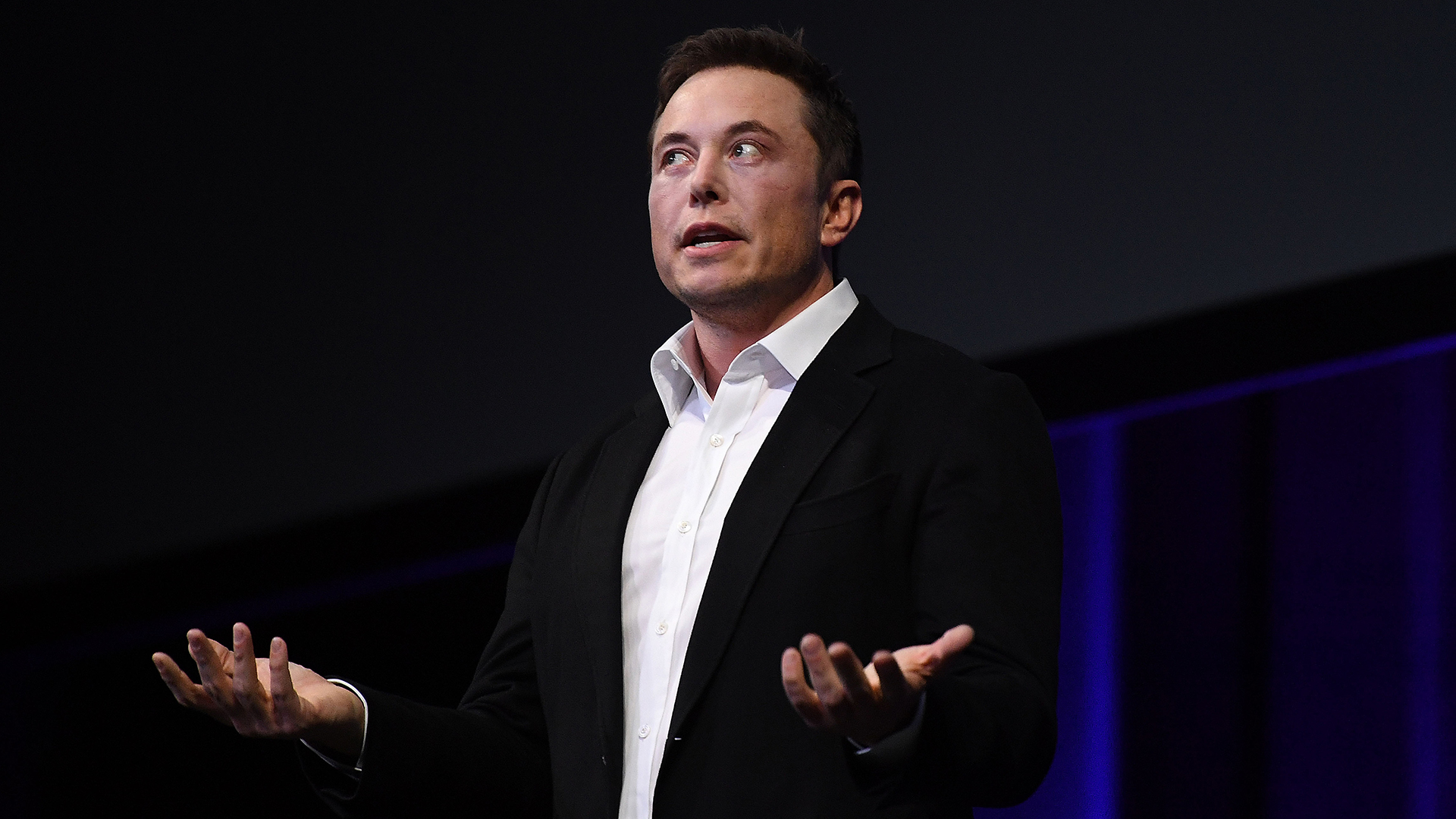

A Federal judge in New York has ordered to hear oral arguments from both the United States Securities and Exchange Commission and lawyers representing Tesla CEO Elon Musk in court next week over the duo’s most recent Twitter-related spat.
Both Musk and the SEC have requested that the judge forego a hearing, as neither party disputed the material facts of the case and rather argued over their interpretations of the settlement’s terms. Instead, Judge Alison Nathan will hear arguments from both sides before ruling on the SEC’s request to hold Musk in contempt of a prior no-guilt settlement.

The SEC maintains that because Musk admittedly did not seek prior approval to any tweets prior to the contempt filing, rebuking his actions and stating that he did not comply with the terms of the settlement. Specifically, the most recent lawsuit brought on by the SEC surrounds a set of tweets made on Feb. 19 regarding Tesla’s claimed production numbers which were made several hours apart. The SEC argued that the original tweet contained material information, whereas Musk believes that the information was previously disclosed and was not subject to pre-review.
In total, 11 tweets were submitted into evidence as being in violation of the settlement. Musk’s lawyers disagree, stating that none of the CEO’s tweets could have “reasonably contained material information” and be subject to the pre-approval clause in the settlement.
“The only tweets that would have to be, say, reviewed, would be if a tweet had a probability of causing a movement in the stock,” Musk explained during an interview with 60 Minutes’ Lesley Stahl. “Otherwise it’s ‘Hello, First Amendment.’ Freedom of speech is fundamental.”
Musk has outright admitted to his disdain toward the SEC, publicly taunting the agency by calling it the “Shortseller Enrichment Commission” and stating that he does not respect it. Meanwhile, the regulatory body continues to suggest that Musk’s judgment “borders on the ridiculous” and asks that he be held in contempt of his earlier settlement for not following the terms regarding disseminating potentially misleading information.
If Judge Nathan finds Musk in contempt, it’s not clear what her ruling will entail. It’s possible that she has requested to hear the arguments from both sides to gather a better understanding of the problem, or potentially attempt to reach an understanding of reasonable remediation. Rulings could find that Musk’s tweets did not violate the settlement and dismiss the lawsuit, or deem that Musk did, in fact, not follow the pre-review clause and issue a fine. Should she rule harshly, Musk could even be barred from acting as an officer of a publicly traded company.